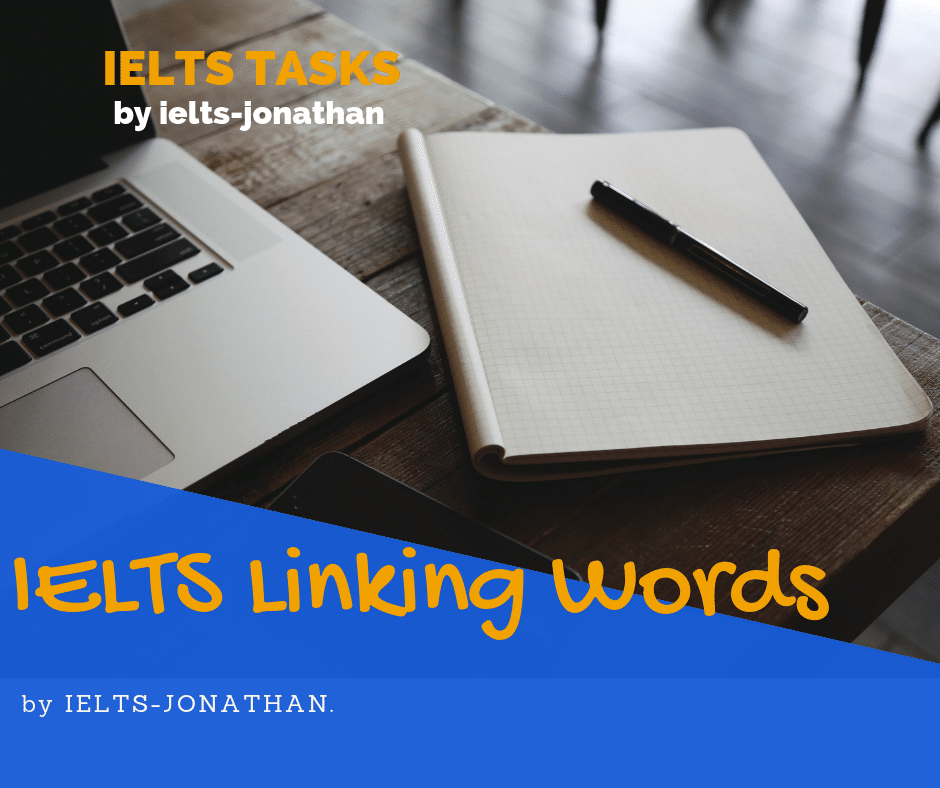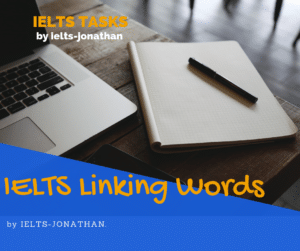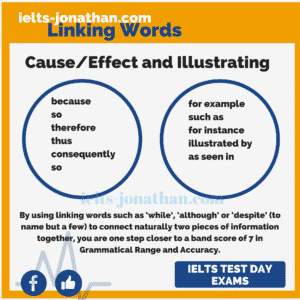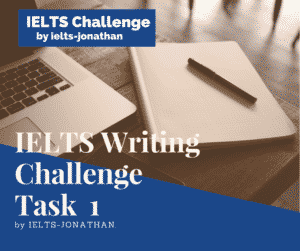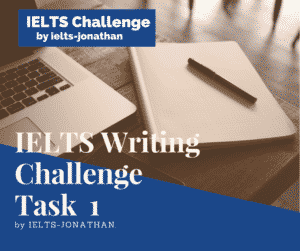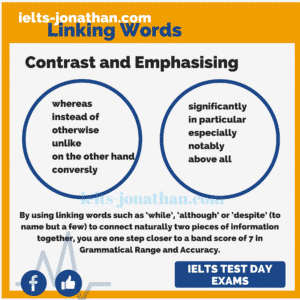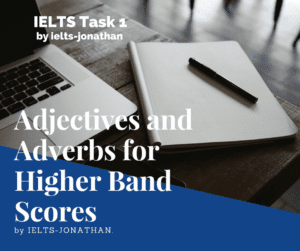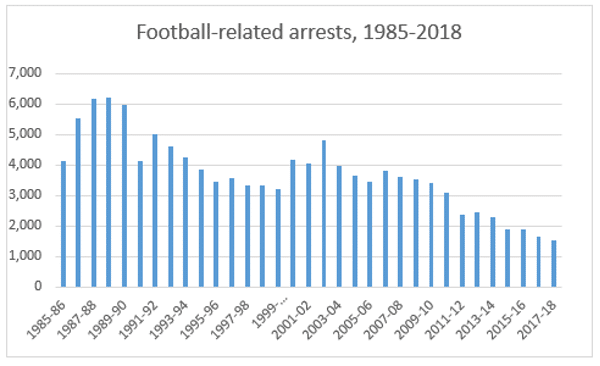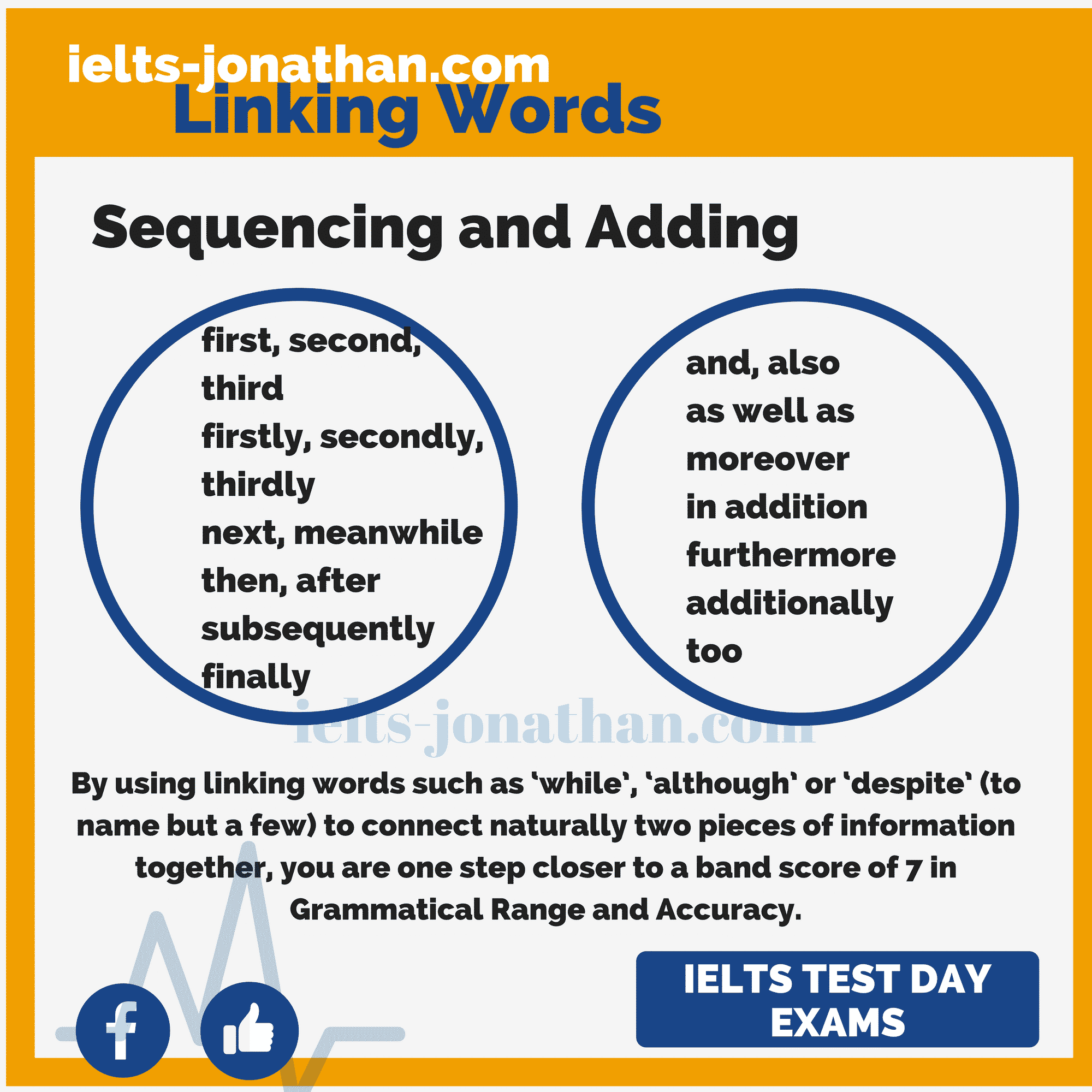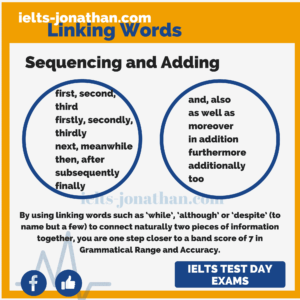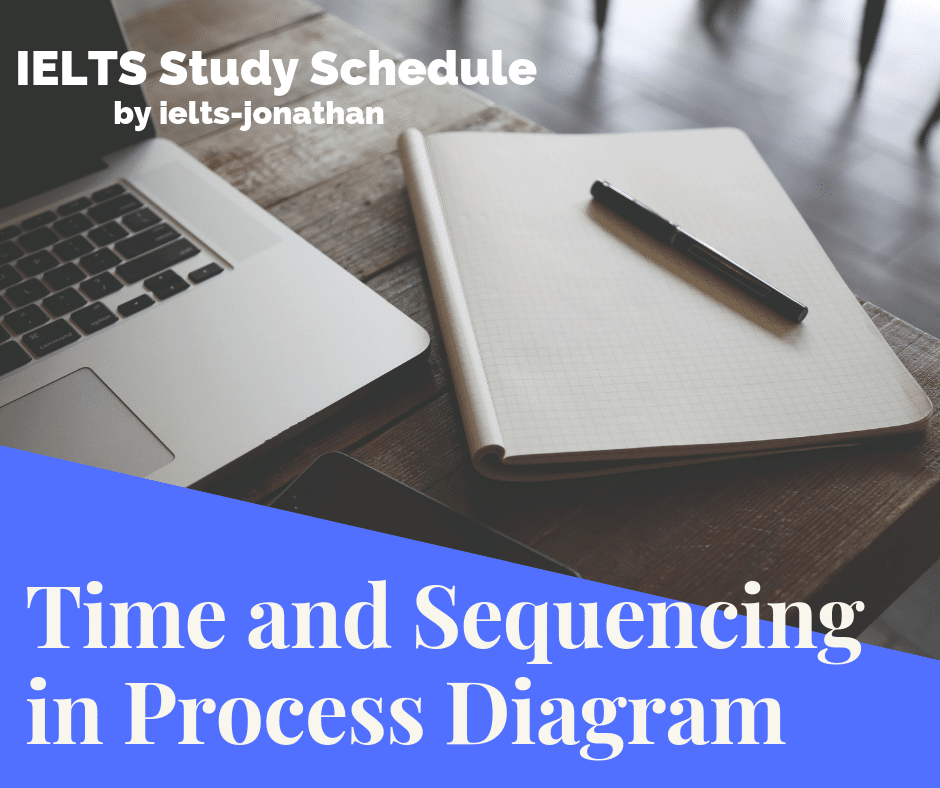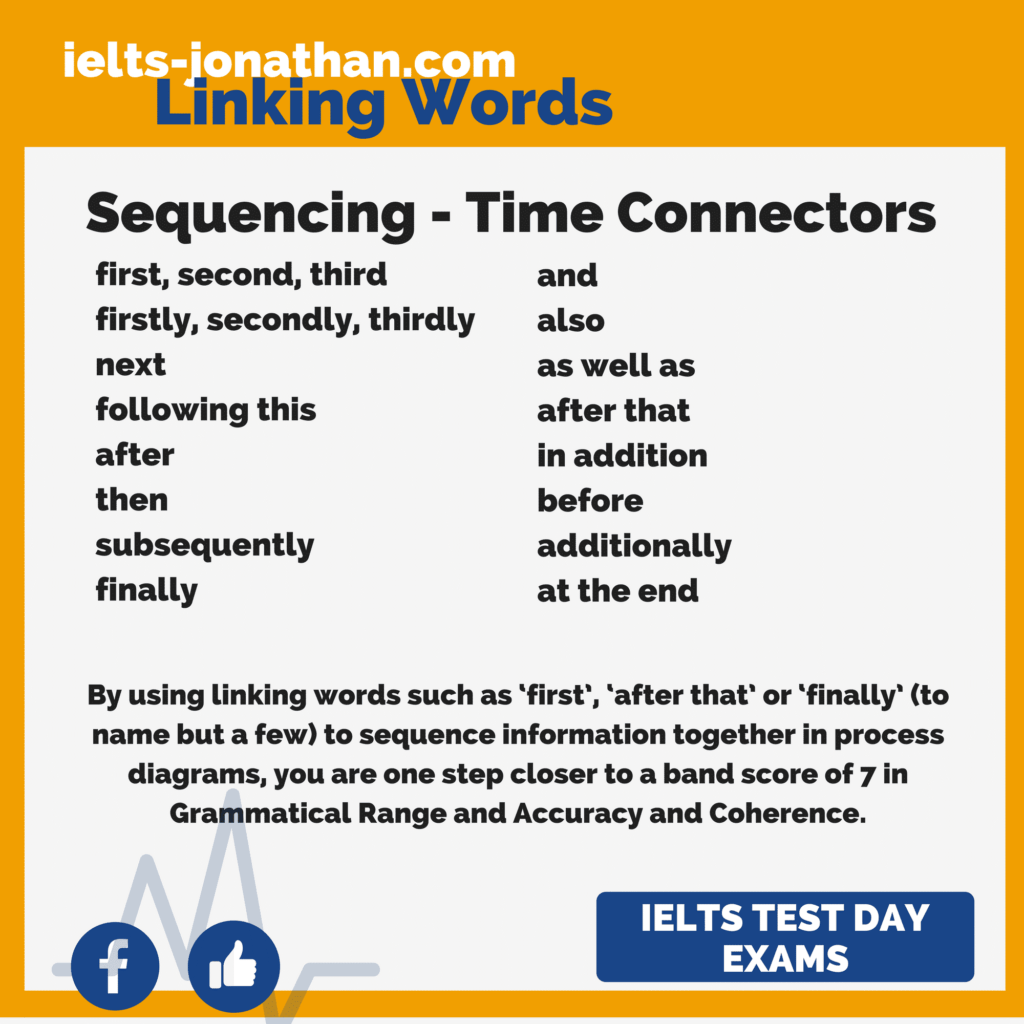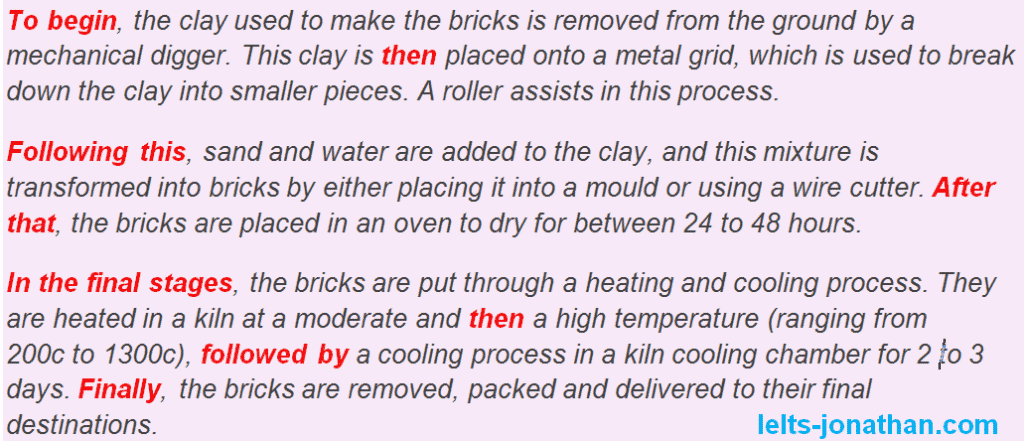Using Linking words.
By using linking words such as ‘while’, ‘although’ or ‘despite’ (to name but a few) to connect naturally two pieces of information together, you are one step closer to a band score of 7 in Grammatical Range and Accuracy.
IELTS BAND 7
At this level, the marking criteria state that a candidate needs to ‘use a variety of complex structures’.
Make sure you understand what these words mean and how to include them in a sentence.
It’s better to use one or two good complex sentences than many long and complicated sentences.
That’s a clear instruction, isn’t it.
I hope you found both this article and the links useful.
You can find more IELTS information on my Facebook page or this website.
I also run IELTS Challenges.
Sign UP and Join In.
Best
Jonathan
IELTS-Jonathan
I’m Jonathan
I’ve taught IELTS and University English in more than a dozen universities and schools around the world.
I’m a parent, traveller and passionate about language teaching and helping students achieve their dreams.
Whilst living in Austria or working in Asia, I run IELTS courses to help students get to where they want to be.
If you are serious about IELTS, connect with me to see how I can help you.

The Best Approach to Task 2 Writing
Paragraphing in Task 2 Writing
Writing – Benefits of a Foreign University Education
